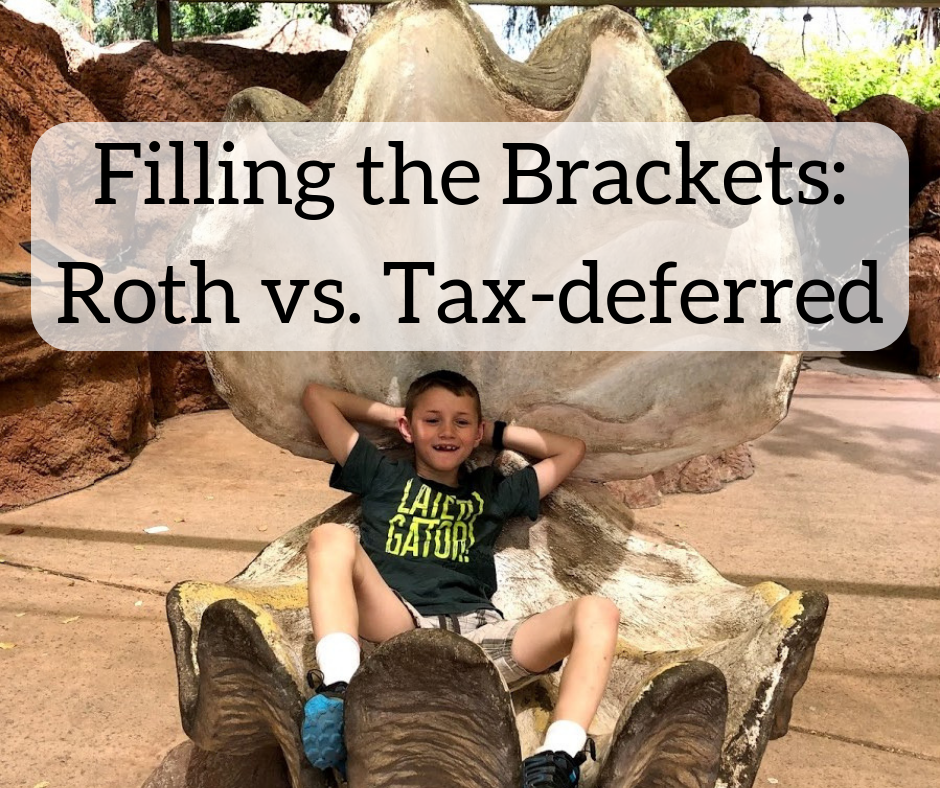- Joined
- Nov 3, 2015
- Messages
- 1,698
- Reaction score
- 1,691
I have never had a w2 position as an attending so I am a bit unclear on the differences. Let's assume that w2 hourly will be based on the 1099 hourly rate as that is what is making this tempting to consider. If anyone can clarify a few points below that would be great.
1. currently have a 401k that allows me to deduct for both the employee and employer a total of 58k pre tax how does this change if your employed I think they offer a 2% match of gross and its called a 403b instead of a 401k then a pension 3% gross ? I have a feeling its less than half of what i can put away now also without any control of what i can invest in as i can do index, stocks or combo in my 401k.
1. currently have a 401k that allows me to deduct for both the employee and employer a total of 58k pre tax how does this change if your employed I think they offer a 2% match of gross and its called a 403b instead of a 401k then a pension 3% gross ? I have a feeling its less than half of what i can put away now also without any control of what i can invest in as i can do index, stocks or combo in my 401k.


